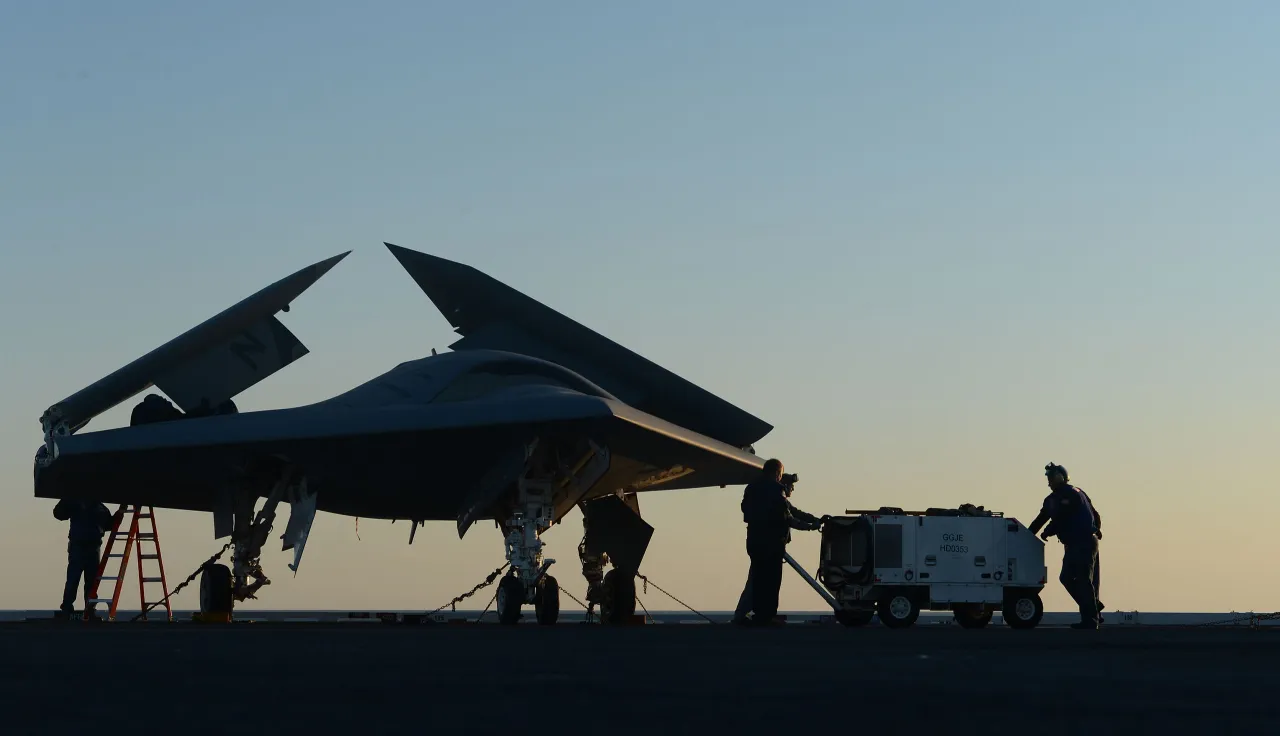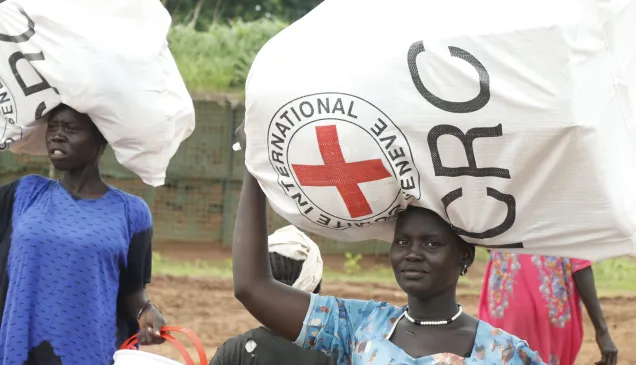Autonomous weapons: ICRC submits recommendations to UN Secretary-General

By drawing the attention of States and the public to the unacceptable effects of certain weapons on combatants and civilians, the ICRC has helped to create the conditions for the development of the laws of war. Our assessment is that the unconstrained development and use of autonomous weapon systems raises serious legal and ethical problems. A new legally binding instrument is needed.
The International Committee of the Red Cross (ICRC) welcomes the opportunity to submit its views for consideration by the United Nations Secretary-General, in accordance with resolution 78/241 "Lethal autonomous weapon systems", adopted by the General Assembly on 22 December 2023, which requested the Secretary-General to seek views on "ways to address the related challenges and concerns [that autonomous weapon systems] raise from humanitarian, legal, security, technological and ethical perspectives and on the role of humans in the use of force."
The ICRC is a neutral, impartial and independent humanitarian organization. Through the Geneva Conventions of 1949 (Geneva Conventions) and other international legal instruments, the ICRC is mandated by States to protect and assist persons affected by armed conflict. The ICRC also endeavours to prevent suffering by promoting and strengthening (including, where necessary, through contributing to the development of) international humanitarian law (IHL) and universal humanitarian principles.
We make this submission based on our 160 years' experience of humanitarian action, during which we have witnessed the significant humanitarian consequences of armed conflict, whether that be direct or indirect harm to people, objects, communities and societies.
Over the course of our history, the ICRC has played a significant role in the development of many of the IHL rules limiting or prohibiting the use of weapons of concern. By drawing the attention of States and the public to the unacceptable effects of certain weapons on combatants and civilians, the ICRC has helped to create the conditions for the development of the law in this area, including with respect to nuclear, chemical and biological weapons, blinding laser weapons, anti-personnel mines, explosive remnants of war and cluster munitions.
The ICRC's work related to the regulation of weapons is always driven by an "effects-based" approach. This means that we observe the actual, or, in the case of new weapons not yet deployed, the foreseeable effects of the use of weapons – both on civilians and combatants. We then raise our concerns regarding particular weapons that pose legal or ethical challenges, or present other risks of harm to those affected by armed conflict. Our assessment is that the unconstrained development and use of autonomous weapon systems (AWS) raises these concerns.



